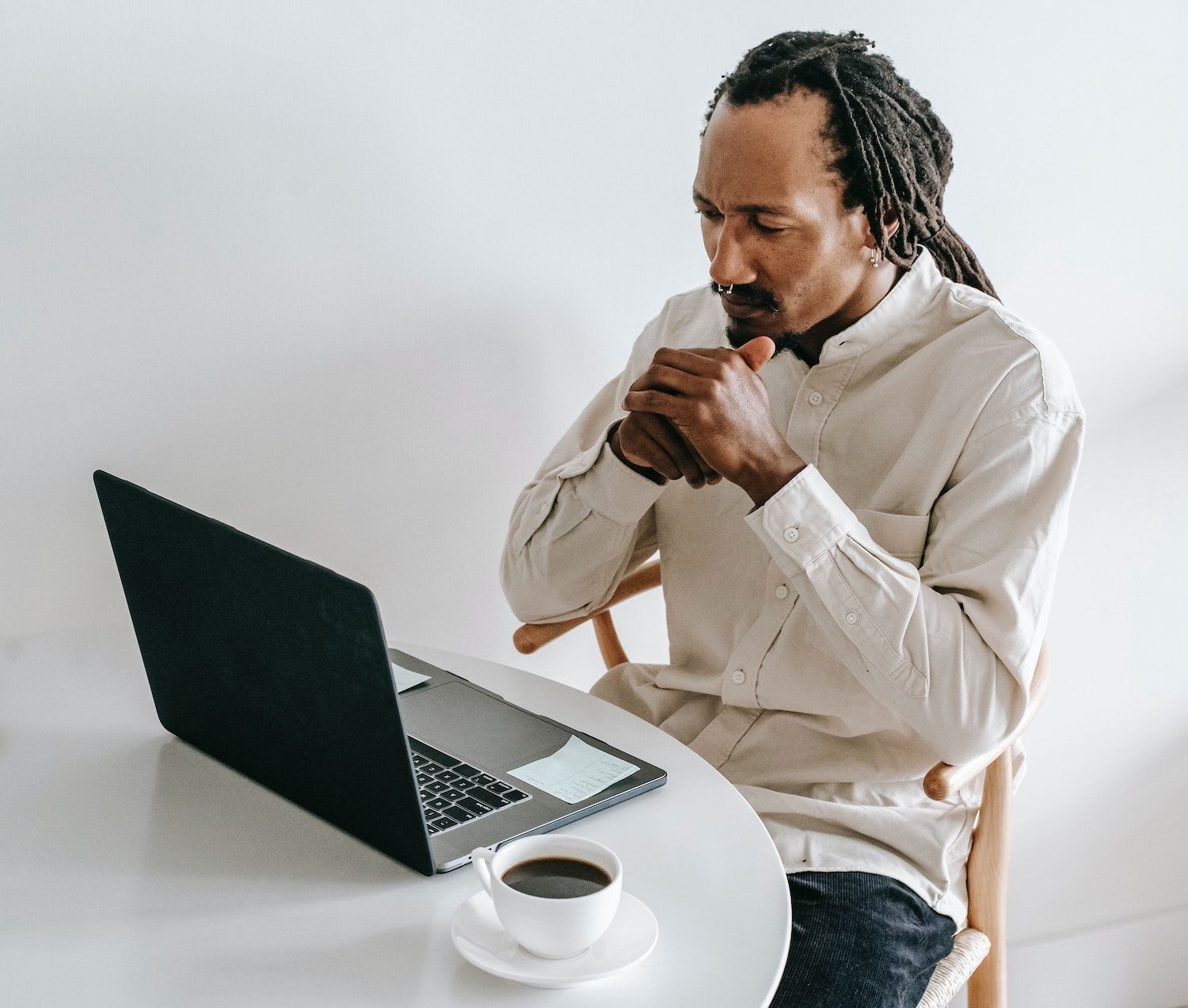Trying to connect - NHS online therapy not for everyone
updated on Apr 29, 2021

During the pandemic, some have found it difficult to access remote mental health support, with one in four saying it’s made them feel worse
When Covid hit, everything changed. For a lot of us, this included our mental health. Whether you were already undergoing treatment or found you needed it during the pandemic, the usual face-to-face or group sessions offered by the NHS had to stop.
Thankfully, alternative routes were found in the form of remote counselling, typically offered through video calls. For many, this was a welcome and much needed option. But it wasn’t suitable for everyone.
Surveying almost 2,000 people, mental health charity Mind found that 35% of people who received remote support from the NHS found it difficult to use, with 23% saying it actually made their mental health worse.
Other findings included:
- 63% would have preferred face-to-face support.
- 10% experienced technological issues ‘often’ or ‘always’.
- 34% were worried about confidentiality ‘often’ or ‘always’.
At a glance, this looks quite worrying, but Mind say respondents did note some positives. 69% appreciated not having to travel to appointments, 47% were pleased to have more flexibility when it came to appointment times and 40% highlighted that waiting times were shorter.
In their report, Trying to Connect, Mind are using these insights to call on the Government to ensure those in need of mental health support are offered a choice when it comes to their treatments.

In response to the findings, Geoff Heyes, Head of Health Policy and Influencing at Mind said there has been an increase in demand for the charity’s services during the pandemic. Describing remote mental health services as a ‘lifeline for many’, Geoff praises the NHS for what they’ve been able to do but notes the worrying statistics found in their survey.
“At the very least, people should expect their mental health to stay the same, if not improve.
“As restrictions continue to ease, and we begin to deal with the long-term impacts of the pandemic – bereavement, grief, redundancy, and insecure employment, it’s really important everyone is offered a range of options – including face-to-face treatment – so that they can pick the most convenient and appropriate option. Online therapy cannot be seen as an easy answer to fixing growing pressures on overstretched mental health services. There is no cheap fix.”
If you’re currently receiving online counselling but are finding it difficult, be sure to feed this back to your counsellor and ask if face-to-face counselling will be possible once restrictions ease. For some, the idea of being on video is difficult, so remember you can ask to have the video off or to have telephone counselling instead. You could also enquire about email counselling if this would feel better suited to you, this will depend on what your counsellor can offer.
Here, we’ve rounded up some helpful articles to get the most out of remote counselling:
- What you need to know about online counselling - counsellor and psychotherapist Rhona Petticrew shares her journey to becoming an expert in online support and what you need to know.
- Online therapy - is it for me? - Not sure if this is the right approach for you? Here, counsellor and EMDR trauma therapist Jen Popkin offers some questions to help you determine if online counselling is right for you.
- Four tips for getting the most out of online and telephone counselling - To help you feel more confident and get what you need from this type of support, Rebecca Morgan (who works within both the NHS and private health sector) shares her top tips.
If you’re looking for an alternative to NHS support and are able to consider private counselling, Counselling Directory lists thousands of counsellors across the UK (including those offering online counselling) who may be able to help.

